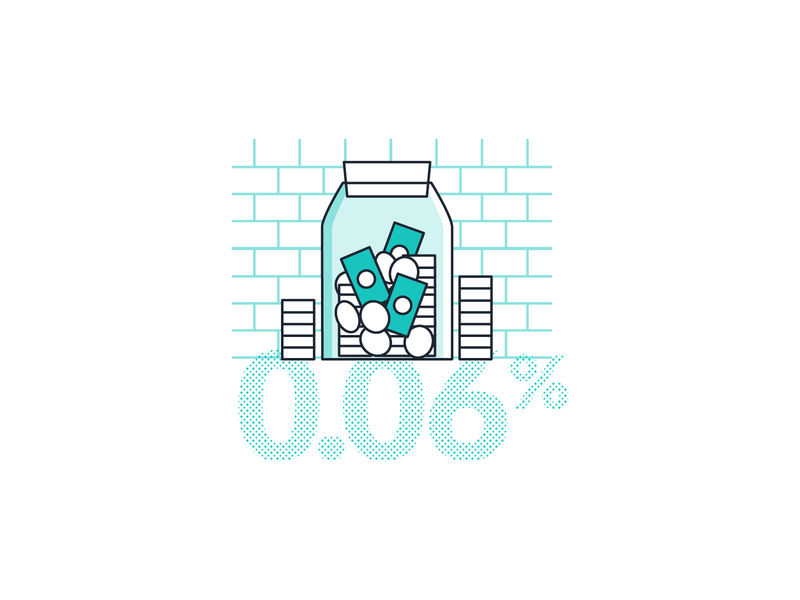The Repercussions Of Stopping Working To Satisfy Performance Bond Commitments
The Repercussions Of Stopping Working To Satisfy Performance Bond Commitments
Blog Article
Created By-
When a guaranty issues an efficiency bond, it ensures that the principal (the party that acquires the bond) will meet their obligations under the bond's terms. If the major stops working to meet these obligations and defaults on the bond, the surety is responsible for covering any losses or problems that result.
1. Loss of online reputation: Defaulting on a performance bond can harm the principal's track record and credibility, making it tougher to safeguard future company or funding.
2. Legal and management costs: The surety may need to pay legal and administrative costs related to pursuing the principal for problems or attempting to rectify the scenario.
3. Monetary losses: The guaranty may require to cover the expense of finishing the project or providing the services that the principal failed to deliver. This can cause significant financial losses for the guaranty.
4. Boosted premiums: If the principal has a background of defaulting on performance bonds, they might be called for to pay greater premiums in the future to obtain the needed bonding.
In general, back-pedaling a performance bond can have severe monetary effects for both the principal and the guaranty. It is very important for principals to meticulously consider their obligations and guarantee they are able to fulfill the regards to the bond to prevent these adverse end results.
Defaulting on a performance bond can be a costly bad move for businesses. When you fail to fulfill the bond's responsibilities, the economic effects can be substantial. From paying the full bond amount to potential legal battles and damaged partnerships, the consequences can resound throughout your business operations. Comprehending fiduciary bonds of economic impacts that back-pedaling a performance bond can have is important for safeguarding your business's financial health and wellness and track record.
Financial Penalties for Defaulting
If you default on an efficiency bond, you'll likely face significant financial penalties. These penalties can differ depending on the regards to the bond contract however usually entail paying the bond amount in full to the obligee. This implies that if you fail to fulfill your legal commitments, you should pay the bond amount to the task proprietor or the entity that needed the bond.
Additionally, you may also be accountable for any type of additional prices sustained by the obligee because of your default, such as discovering a substitute contractor or covering task hold-ups.
Defaulting on a performance bond can likewise lead to lawful charges and court prices if the obligee decides to take legal action versus you to recoup the bond amount. These expenditures can swiftly add up, further intensifying the economic influence of your default. It's vital to meticulously evaluate and comprehend the terms of the performance bond to avoid these serious financial penalties.
Impact on Organization Capital
Back-pedaling a performance bond can considerably impact your company capital, impacting economic stability and operational capacities. When you default on a performance bond, you take the chance of losing the bond amount, which can be a significant sum. This loss straight impacts your cash flow, as you'll need to discover alternate sources of moneying to cover the bond quantity. Additionally, defaulting can bring about increased examination from sureties, making it tougher and a lot more pricey to secure bonds in the future. This can better strain your capital as you may require to allocate extra sources to meet bonding needs.
The impact on your capital doesn't stop there. surety bon on a performance bond can likewise cause job hold-ups or terminations, leading to a loss of earnings. Additionally, the unfavorable online reputation that features skipping can hinder prospective customers, further reducing your capital. Generally, back-pedaling a performance bond can have harmful impacts on your business's monetary health and wellness and capability to operate smoothly.
Lawful Ramifications and Claims
Facing legal implications and potential suits because of defaulting on a performance bond can significantly affect your company's online reputation and monetary standing. When you back-pedal an efficiency bond, the surety company may take lawsuit to recoup the bond quantity paid out. This could lead to pricey lawful charges, court expenses, and possible negotiations or judgments against your business.
In addition, defaulting on an efficiency bond may result in damaged partnerships with clients, subcontractors, and distributors, influencing your capability to protect future contracts. Suits occurring from bond defaults can taint your organization's reputation in the sector, making it challenging to draw in new companions or clients.
Furthermore, if the default brings about a court judgment versus your company, it could result in property seizure or liens, additionally stressing your financial security. Consequently, it's essential to understand the lawful implications of back-pedaling an efficiency bond and take positive steps to mitigate the threats included.
Conclusion
As you deal with the effects of back-pedaling an efficiency bond, remember this: it resembles strolling a tightrope without a safety net. One wrong action can send you plunging right into a monetary freefall, without way to stop the loss.
The punitive damages, cash flow effect, and lawful implications are all waiting to catch you if you blunder. So step meticulously, and constantly honor your dedications to avoid the extreme consequences of default.
